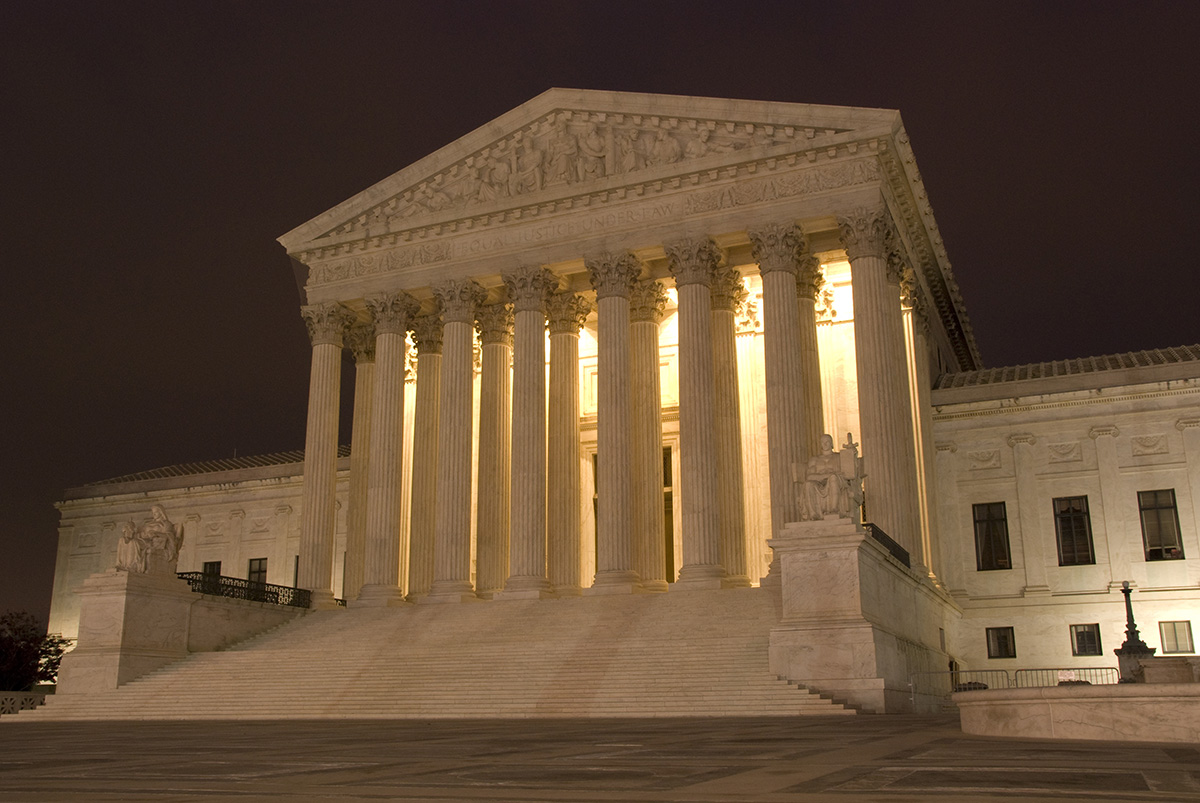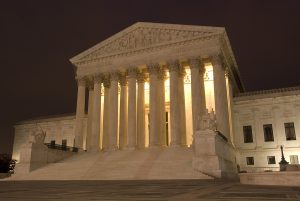
The Supreme Court of the United States (sometimes colloquially referred to by the acronym SCOTUS) is the highest judicial body in the United States and leads the judicial branch of the U.S. federal government.
By Nick Michels

To paraphrase the author of the book of Ecclesiastes, there are no new sins. What mankind wrestled with as far back as Adam and Eve, it still wrestles with today. This reality comes to mind when one considers the following passage from the prophet Jeremiah:
“The people of Judah have done what is evil in my eyes, says the Lord. They have set up their detestable things in the house which bears my name, thereby defiling it. In the Valley of Ben-hinnom they go on building the high places of Topheth to sacrifice their sons and daughters by fire, something I never commanded or considered” (Jeremiah 7:30–31).
Like our ancient ancestors, we, too, have been sacrificing our sons and daughters. The only difference is that today we sacrifice them for a false concept of liberty. Since January 22, 1973, when our country’s highest court in Roe v. Wade invented a universal right to abortion in the United States Constitution, we have seen millions upon millions of our unborn brothers and sisters massacred in the womb. This is a disgraceful hypocrisy for a country that was founded upon an understanding that every human being has certain unalienable rights—chief among which is the unalienable right to life.
Here is the good news, though. The country’s highest court now has an opportunity to correct this 48-year blot on our nation’s history.
On May 17 of this year, the United States Supreme Court agreed to hear a very important case: Dobbs v. Jackson Women’s Health Organization. Oral arguments are scheduled for December 1. This case concerns a Mississippi law that directly challenges the ruling in Roe v. Wade that there exists a constitutional right to abortion. If the court rules in Mississippi’s favor, there is a good chance that it will no longer recognize this so-called right, and will instead allow the states themselves to make that determination. Even short of overturning Roe completely, pro-life lawyers widely expected Dobbs to make significant strides for the pro-life legal movement.
There is good reason to be hopeful that the Supreme Court will overturn its prior ruling from 1973. For starters, many legal scholars, both pro-life and pro-abortion, recognize Roe v. Wade is terrible law: nowhere in the text of the Constitution does there exist a universal right to abortion. Additionally, the current makeup of the high court is heavy with so-called “originalist” judges, that is, those who recognize it is a judge’s job to declare what the text of the Constitution actually says or means and not what they think the text ought to say or mean. And an originalist would recognize that the text of the Constitution does not actually say anything about a universal right to abortion.
Moreover, it’s worth noting something about the uniqueness of the history since Roe v. Wade was decided. Despite the ruling in that case, it has not been widely accepted by the American people. Forty-eight years later, its merits are still being debated both in the courtroom and in the public square. It is rare to encounter this sort of enduring and heated debate around Supreme Court decisions that are theoretically settled law. Given how controversial the issue is, and that our country was founded as a democratic republic, it is reasonable to believe that the Supreme Court would rather the issue be resolved going forward by the people instead of by nine, unelected officials.

It is also significant that the decision in Roe v. Wade rested, in part, on the fact that the Supreme Court justices at that time refused to make any sort of determination on when life begins, citing in part what they described as a lack of medical consensus. Important scientific advances have been made since that time that prove life begins at the moment of conception. In fact, no serious scholars try to argue from that position anymore. The efforts that have been made to save as many lives as possible (through bans on partial birth abortion, or bans on abortion for reasons of the child in the womb feeling pain) have served to educate society at large on the horrors of this practice—horrors that may well shock the consciences of those justices hearing Dobbs v. Jackson Women’s Health Organization.
The Supreme Court begins its term every year in October, and it traditionally finishes its term at the end of June. Sometime in that period, it will make a decision on this case. Providentially enough, that is a period of nine months—the same amount of time it takes for a child to gestate in his/her mother’s womb.
I would implore all of us, particularly during this month of the Rosary, to take that time to pray fervently: pray for the unborn, for their mothers, for our Supreme Court, and for our country. Pray that the culture of life will prevail over the culture of death.


